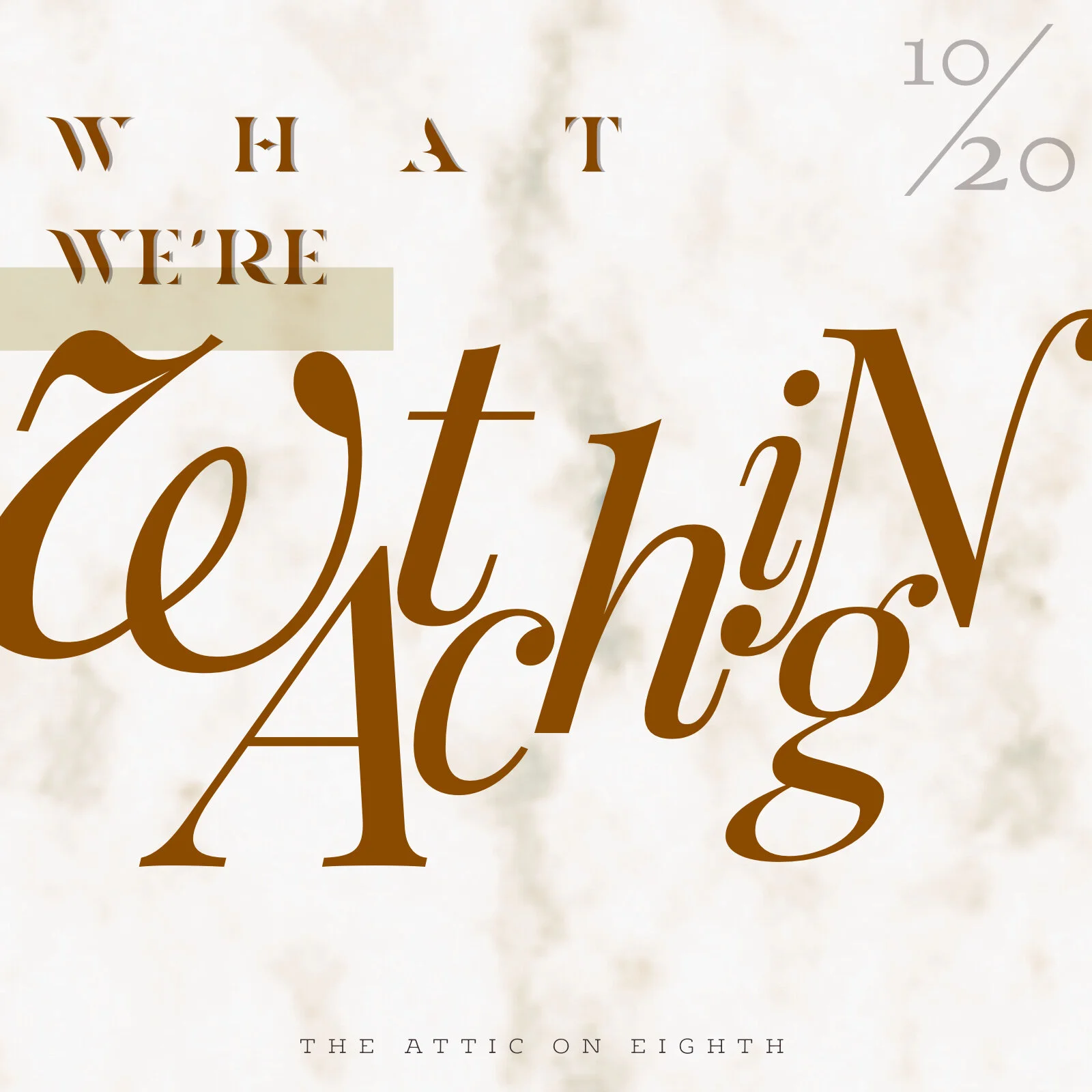The Great... It's Great, Okay?
Images and stills courtesy of Ollie Upton/Hulu.
Huzzah!
We all need to be distracted. When The Great ad first appeared on my Instagram, I was annoyed both that their algorithms are getting better and that its premiere in May seemed so far away. Now, having forgotten my planner at the bottom of my purse, I can’t even recall which month that was. And the thing is, it doesn’t matter. The Great brought me out of myself for the few hours that it could, and even made me laugh with shock and delight. Is it imperfect? Yes, but again, that just doesn’t matter right now. Sometimes a good romp and smashing one glass, or many, is all the soul needs.
Ollie Upton/Hulu.
The Great isn’t accurate, and it’s not meant to be. From the off, the series oversimplifies and skews the incredible story of Yekaterina Alekseyevna Romanova II, better known as Catherine the Great (r. 1762 - 1796), the longest reigning female monarch in Russia. Its tone is reminiscent of Kate Beaton’s anachronistic, outrageously funny dialogue in Hark! A Vagrant, yet that comic series is far more factually based. Written by Tony McNamara, The Great follows the comedic tradition of series like Black Adder (1982 - 1989) and films like his last feature credit, The Favourite (2018). Far beyond the single use of “okay” which made a few eyeballs twitch in that Oscar nominee, f-bombs and other contemporary obscenities are rampant in The Great. These inaccuracies serve for a flippant comedy with hard-edged social commentary, if you can stomach willy-nilly violent deaths and exhibitionist quickies, each possessing similar levels of eroticism. Be warned, corpses and their many parts abound.
Ollie Upton/Hulu.
Irreverence isn’t a new subversive force in the period drama genre, and The Great takes this a step further with its fast and loose treatment of the costumes and sets. Not one scene was filmed anywhere near Russia, and although the costumes are expertly fitted and at times hilarious, their designs are picked and chosen from a few different decades within the eighteenth century. However, this doesn’t make them any less visually sumptuous. The best outfits are mostly worn by male members of the cast, particularly Nicholas Hoult. His very generous casting of Peter III (r. 1762), and the other performances in The Great are what kept me watching. Having followed Hoult’s career since the first generation of Skins (2007 - 2013) to a vicious fop in The Favourite, his perfect portrayal of an empty-headed, spoiled dude-bro without a trace of self-awareness is quite the departure. Elle Fanning, who also produced the series, absolutely shines in the leading role. Whose project it was and whose court it is will be is never in question.
Another provocative aspect of The Great is its practice of colorblind casting. It works for an ahistorical representation, yet also gives a closer representation of the many ethnicities that would have been present at court. Power was certainly not exclusively in lily white hands during this era of he Russian Empire. Like in Hulu’s other raucous eighteenth-century series, Harlots (2017 - ), non-white actors are substantial characters instead of one-line servants or extras. Perhaps the popularity of this series will extend itself to another in which the main character is not and was never a white man or woman. I’m still holding out for a miniseries focused on the extraordinary life of Alex Dumas, father of Alexandre Dumas and his inspiration for The Count of Monte Cristo. Until then, my hope is that the factual holes in The Great will incite viewers to learn more about its singular title empress. To start, I recommend Robert K. Massie’s biography, Catherine the Great: Portrait of a Woman (2011). Huzzah!
Omg, she’s just so pretty. Ollie Upton/Hulu.
Zoë G. Burnett is a writer, menswear stylist, and film enthusiast based in Boston, Massachusetts. A born and raised New England Yankee, she feels equally at home in the 7th arrondissement. She is currently editing her first novel. She is a Contributing Editor and The Attic on Eighth’s Film Columnist.














In a personal essay, Elizabeth Slabaugh visits the disappointments and realization of tempered dreams around traveling to Oxford after not being able to spend a semester at the university due to chronic illness.